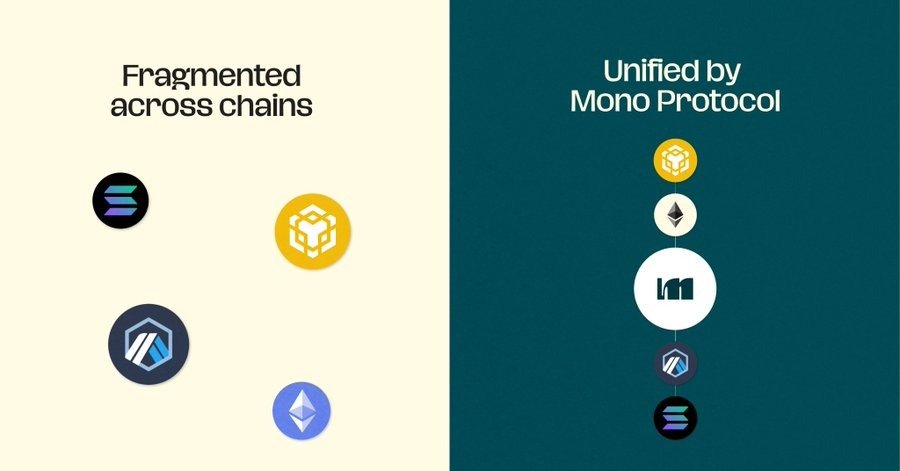Amazon buys Eero: What does it mean for your privacy?

 In case you hadn’t seen, Amazon is buying router maker Eero. And in case you hadn’t heard, people are pretty angry.
In case you hadn’t seen, Amazon is buying router maker Eero. And in case you hadn’t heard, people are pretty angry.
Deluged in a swarm of angry tweets and social media posts, many have taken to reading tea leaves to try to understand what the acquisition means for ordinary privacy-minded folks like you and me. Not many had much love for Amazonon the privacy front. A lot of people like Eero because it wasn’t attached to one of the big tech giants. Now it’s to be part of Amazon, some are anticipating the worst for their privacy.
Of the many concerns we’ve seen, the acquisition boils down to a key concern: “Amazon shouldn’t have access to all internet traffic.”
Rightfully so! It’s bad enough that Amazon wants to put a listening speaker in every corner of our home. How worried should you be that Amazon flips the switch on Eero and it’s no longer the privacy-minded router it once was?
This calls for a lesson in privacy pragmatism and one of cautious optimism.
Don’t panic — yet
Nothing will change overnight. The acquisition will take time, and any possible changes will take longer. Eero has an easy-to-understand privacy policy, and the company tweeted that the company will “continue to protect” customer privacy, noting that Eero “does not track customers’ internet activity and this policy will not change with the acquisition.”
That’s true! Eero doesn’t monitor your internet activity. We scoured the privacy policy, and the most the router collects is some basic information from each device connecting to the router that it already broadcasts, such as device name and its unique networking address. We didn’t see anything beyond boilerplate language for a smart router. And there’s nothing in there that says even vaguely that Eero can or will spy on your internet
Be the first to write a comment.



